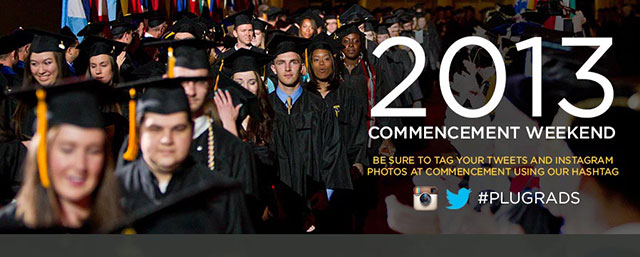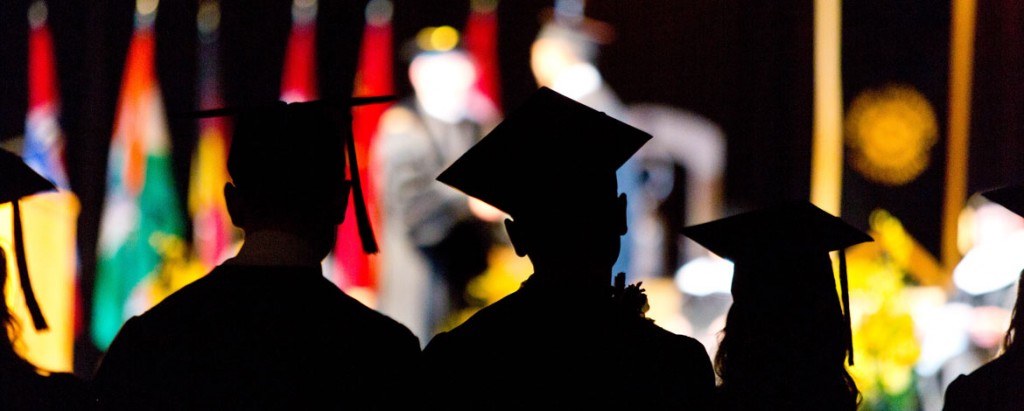Page 116 • (1,204 results in 0.222 seconds)
-
that there wasn’t a whole lot of making a difference, it was a whole lot of trying.” While he hesitates to say he hit the cliché midlife crisis, “I was at midlife and it was a crisis,” he said, chuckling. Eric Larsen (ELMSN)After a lot of research and exhausting career development resources, all signs pointed Larsen to nursing. So, he quit his Fish and Wildlife job in 2006, attended a local community college to complete the necessary prerequisites and applied to the entry-level master’s program
-
(particularly race/ethnicity, gender, and sexual orientation) as applied to individuals, families, groups, institutions, organizations, and communities locally and globally. Volunteer experience is required. (4) SOCW 250 : Social Policy I: History of Social Welfare - ES Exploration of power, privilege and oppression emphasizing political process and global social change in the development of the American welfare state and the profession of social work. Students reflect critically upon personal and social
-
environmental education as a component. In my paper, I argue that an approach to environmental education connected to religion, specifically children’s’ summer camp programming at camps connected to the Evangelical Lutheran Church in America (ELCA), is one type of environmental education likely to foster meaningful ecological awareness amongst participants, awareness that can be taken from the camp setting and applied to everyday life, leading to an increased passion for environmental work and advocacy. I
-
Empire, German Catholics defended Jewish rights not because of a particular affinity for the Jews of their era, but because they believed liberal democracy would respect Catholic rights if it were forced to respect all religious rights. During the years of the Weimar Republic, German Catholics all defend the rights of Jews because this defense applied to the rights of Catholics. More importantly, opposing the Nazis, German Catholics condemned racism as contrary to Catholic teaching, but did not
-
Disabilities and Applied Behavior Analysis from UW in 2009. She moved from the classroom into a specialist position in 2004 and coordinated the autism programs in Tacoma Public Schools for 7 years. She left in 2010 to join the University of Washington, Tacoma as a full time lecturer where she coordinated the Teacher Certification Program. She joined PLU in 2012 as an assistant professor. When she isn’t working, she is busy chasing after three children and working in the garden. Dr. Tucker works primarily
-

summer before my senior year of high school and fell in love with the campus immediately; everyone I met with was incredibly kind and welcoming. After hearing a little about the Environmental Studies program and the opportunities I would have to study away, I was hooked. I applied, got accepted, and received a pretty awesome financial aid package. I was amazed how perfectly everything fell into place. An added bonus was the fact that I wouldn’t have to deal with the harsh Minnesota winters any more
-

applied to, save for one,” Thames said. “I was initially thinking New York University’s Magazine Writing program, but then USC came along and offered to pay for school as well as provide living wages.” Despite her current success, Thames’ journey toward graduate school has been replete with challenges. With three demanding jobs and a rigorous course load, Thames had to learn strategies for time management and self-care. Although Netflix served as a favorite reprieve, it was the support of friends that
-
matter how busy or stressed you may be, there is always time to spend with friends and nature,” he says. “Tom unfortunately passed away due to a climbing incident, so lessons I have taken from his life have meant a lot.” The second, Brad Hodkinson ‘19, is a fellow student-athlete and outdoor enthusiast. “Brad taught me to always make time for fun and that making goals is a key to success,” Scheel says. “My ideas for success in high school were definitely money and job oriented,” he acknowledges. “I
-
comprised of females for some of the lessons. The drill team can be a combination of male and female participants. Hygiene team participants are encouraged to jump in with a drilling team to gain the unique experience of drilling the well. Likewise, drilling team members are encouraged to help with arts/crafts and story time with the children when this is offered by the hygiene team.WHO IS OUR NONPROFIT PARTNER FOR THE WELL WATER PORTION OF THIS TRIP?Our primary nonprofit partner is Living Water
-
Church History Quarterly and she is currently serving as guest editor of the Journal of Jesuit Studies special edition on Jesuits and communism.Natalie MayerIntroduction: Natalie Mayer Conference ScheduleSarah Calvin-StupfelPresentation Title: “Witnessing Memory, Trauma, and Survival: Lessons from Molly Applebaum’s Testimonies in Buried Words” Who: Sarah Calvin-Stupfel ’23, Mayer Summer Scholar, PLU Bio: Sarah Calvin-Stupfel, is majoring in Global Studies, Hispanic and Latino Studies, and Gender
Do you have any feedback for us? If so, feel free to use our Feedback Form.


